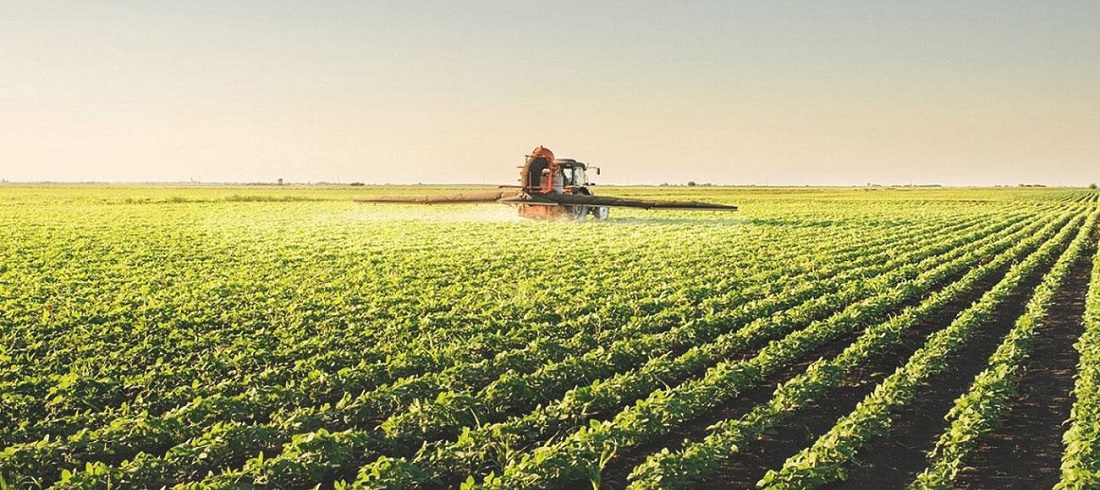
Brazil’s agribusiness exports grew 8% YoY in first trimester of 2019
Jun, 21, 2019 Posted by datamarnewsWeek 201926
After reaching a record volume last year, Brazilian agribusiness shipments remain firm in 2019. According to research conducted by Esalq/USP’s Cepea (Center for Advanced Studies in Applied Economics ) exports of Brazilian agribusiness products grew by 8% in volume terms in the first four months of this year compared to the same period last year. Meanwhile, revenues only grew 0.3% over the same period. Cepea pointed out that this was due to the fall in average prices. In addition, the appreciation of Brazil’s currency caused Brazil’s products to be more expensive. Hence, it was the sheer volume exported that kept growth in revenues positive.
Exported products
Cotton was the commodity that saw the greatest rise in shipments during the first four months of this year, increasing 75% year-on-year, with Brazil being ranked second in terms of international sales. Foreign sales of corn and coffee also showed significant growth at 42% and 32% respectively. Researchers at Cepea indicate that it should be a promising year for cotton, corn, and meat. It is expected that meat exports, especially to Asian countries, will continue to increase.
Destiny
China remains the main trading partner for Brazil’s agribusiness exports, mainly comprising soybean complex, especially soybeans. Europe is the second largest destination for its agricultural products and the United States is third. Countries that make up the “others” group also have a significant 30% share of the total, especially Asian countries.
This should be another year of good grain harvest, which should keep product availability high, both for domestic consumption and for export. The exporter must keep an eye on the trade dispute between China and the United States, given that this favors Brazil, allowing it to maintain a larger share of agricultural product exports to China, including the meat market. On the other hand, prices on the international market have come down.
One must also consider the effect of the exchange rate. The Real has depreciated more strongly in recent months, which helps maintain the attractiveness of Brazilian products in the foreign market, favoring growth of export volumes. If the national currency remains devalued, the real turnover of the sector can continue growing in 2019.
-
Grains
Aug, 06, 2019
0
Brazil beats US in corn exports in June
-
Other Cargo
Jun, 12, 2019
0
Cotton exports show exponential growth in May YoY
-
Grains
May, 16, 2019
0
China’s Brazilian soybean share falls to 72.8%
-
Ports and Terminals
Jul, 26, 2019
0
TCP specializes in cotton exports


